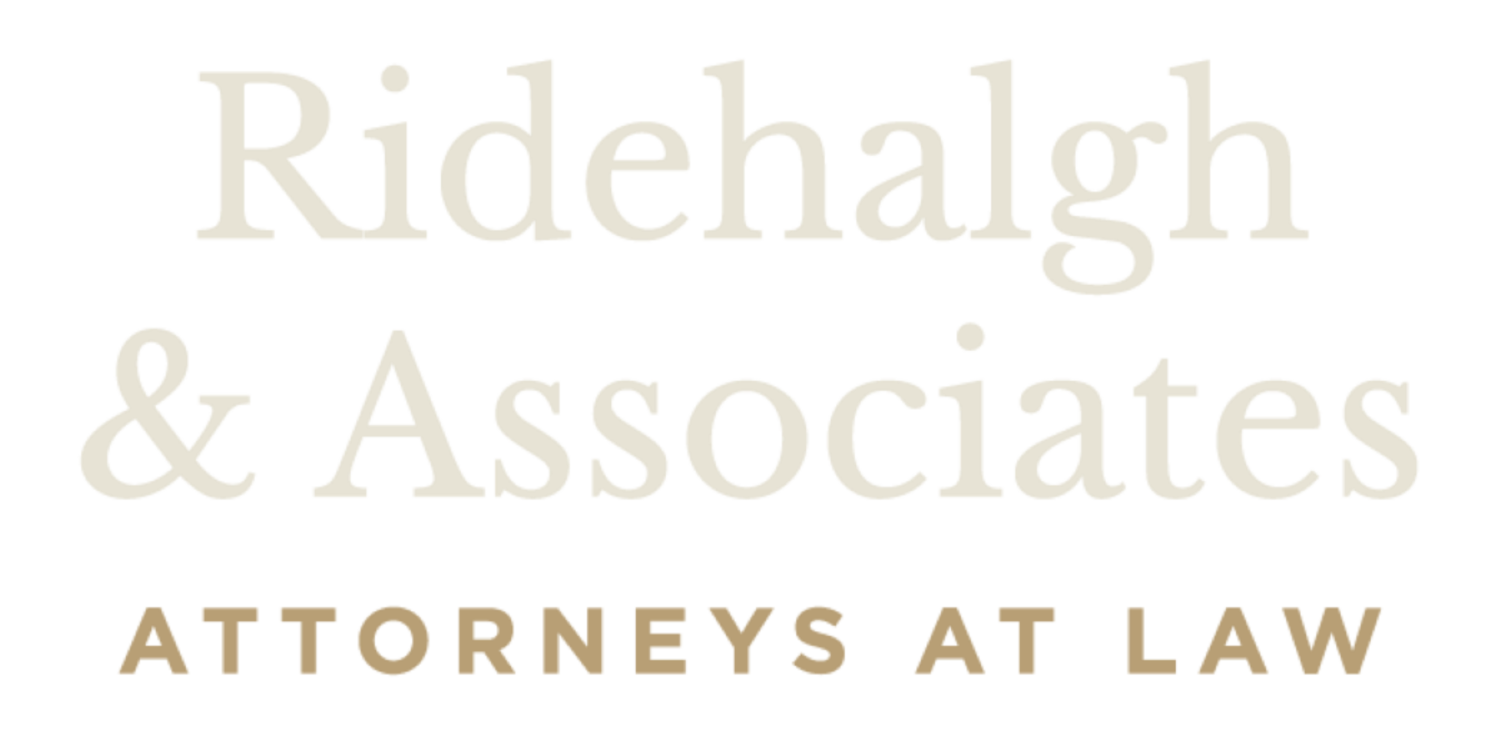If you have been arrested on a first time DUII charge, the judge at arraignment may have mentioned that at your diversion hearing the 'advisory counsel' will be present. The judge was referencing our office.
What happens at the diversion hearing?
The judge will want to know how you wish to respond to the allegation of DUII. There will be three basic options. First, you can set the DUII allegation for trial. Second, you can enter the program called 'diversion.' Third, you can ask the judge for more time to decide.
Trial Option: If you take the allegation of DUII to trial, the prosecutor will try to convince the jury that (1) you, (2) were operating/driving, (3) a vehicle, (4) on a roadway open to the public and (5) at the time you were under the influence of intoxicants. We will need to explain to you the definitions of each of these elements and the tests the court uses to determine whether the prosecutor has proven that element. However, this paragraph should give you an idea. If you choose to take the allegation of DUII to trial you lose the diversion option.
See https://www.oregonlegislature.gov/bills_laws/ors/ors813.html
Here is a common jury instruction given when a person is accused of DUII based upon alcohol (other instructions are often used when the DUII is based upon drugs, inhalants or combinations of substances)(also, this instruction is for only one of the two main tests for intoxication):
“In this case, you do not have to find that [defendant’s name] was drunk or intoxicated, as those terms are commonly understood. “Under the influence of intoxicating liquor” means that [defendant’s name]’s physical or mental faculties were adversely affected by the use of intoxicating liquor to a noticeable or perceptible degree.
“Under the influence of intoxicating liquor” includes not only the well-known and easily recognized conditions and degrees of intoxication, but also any abnormal mental or physical condition that results from consuming intoxicating liquor and that deprives the person of that clearness of intellect or control that the person would otherwise possess.” UCrJI No. 2701
Diversion Option: Essentially, diversion is where you make a deal with the court. If you honor the terms of the deal, the court will dismiss the criminal charge of DUII. This is not an expungment. When a person completes diversion, the criminal charge of DUII is dismissed (so you are not convicted and sentenced), but your criminal and driving record will still show that you were accused of DUII and that the DUII charge was dismissed pursuant to completion of the diversion program. Diversion will require you to meet with and pay fees to a company called 'Evaluation Services' - 150 NE Third, Suite B, Hillsboro - 503-648-3800. You will also need to do an assessment with an approved treatment provider and complete the recommended treatment. For a list of providers see: https://www.oregon.gov/oha/HSD/AMH/Publications/provider-directory.pdf. Be sure to get Evaluation Service's approval for your choice of treatment provider! You will also need to attend a 'Victim's Impact Panel.' There will also be a fee paid to the court. You will also have to abstain from alcohol and drugs (prescribed drugs are okay so long as you are taking them pursuant to a valid prescription and as prescribed). Lastly, you will (for most people) need to install an ignition interlock device in any vehicle you operate (there are exceptions to this requirement depending on your individual circumstances). Here is DMV’s tool to find providers for the ignition interlock device: https://www.oregon.gov/odot/Safety/Pages/Ignition-Interlock-Device-Program.aspx. Here is a link to the DMV form for the exception used when driving an employer's vehicle for employment reasons: http://www.odot.state.or.us/forms/dmv/6874.pdf. If you choose the diversion option, you give up the trial option.
Asking for More Time Option: The court is not required to honor these requests. However, we almost always are granted these requests. Usually, we ask the court to postpone the decision by a couple weeks. When a person asks for more time, both the Trial Option and the Diversion Option are preserved until the next court appearance.
Am I Eligible for Diversion? To enter diversion, the court requires people to swear on oath or affirmation that they meet the eligibility requirements. Since this is a sworn statement, it is a crime to lie on this form. Here is the eligibility form.
Is My Driver's License Suspended and, if so, How Long will it be suspended? The rules differ depending on whether this is a first time DUII, whether you have had other suspensions in the past and some other criteria. However, here are the rules for a person on their first time dealing with these issues (our typical first time DUII client):
If you submitted to the intoxilizer test and received a score of 0.08% or more, you should receive a 90 day driver's license suspension. For most people, this is actually a 120 day process. Most people are not actually suspended for the first 30 days - if the officer took your driver's license, the document saying you are suspended functions as your 'temporary permit' for those first 30 days. Once the first 30 days are exhausted, then you experience the 90 days of suspension. Of the 90 days of suspension, the last 60 days are eligible for 'Hardship Permit'. Here is application for the Hardship Permit: http://www.odot.state.or.us/forms/dmv/6044.pdf
If you refused to take the intoxilizer test, or the officer thought you were trying to cheat the test, most people should also receive the 'Temporary Permit' for the first 30 days. Then the suspension will be 1 year. A person is eligible for the Hardship Permit after experiencing the first 90 days of the 1 year of suspension.
If you took the intoxilizer test and received a score less than 0.08%, then most people do not receive any suspension. However, if you are under the age of 21 and had a detectible amount of alcohol you will usually be suspended for 90 days. If you were asked to submit to a drug test and refused to submit to the drug test you will usually receive the 1 year suspension.
See: http://www.oregon.gov/ODOT/DMV/pages/driverid/suspreasons.aspx#duii See also: http://www.oregon.gov/ODOT/DMV/pages/driverid/hardship.aspx#hard
Can I Challenge the Suspension? Absolutely, but you must act fast! You must file the request within 10 days of when the officer cites you for DUII! Hire us, another attorney, or do it yourself - but, do it! This is your only opportunity to challenge this suspension. Even if you are found not guilty of the DUII, you still receive the 'implied consent' suspension unless you challenge it through this process. You can have an attorney represent you at the hearing. To challenge the suspension you need to either:
Submit an online request at: http://www.oregon.gov/ODOT/DMV/Pages/email_forms/implied_consent_hearing.aspx
Fax your request to DMV Hearings Case Management Unit at 503-945-5521; or
Mail or personally deliver your request to:
DMV Hearings Case Management Unit
1905 Lana Ave NE
Salem OR 97314
Your request must be in writing and include the following information:
Your full name;
Your complete mailing address;
Date of arrest;
Your Oregon Driver License, Permit, ID Card or customer number (if you have one);
Your date of birth;
A telephone number (with area code) where you can be reached between 8:00 AM and 5:00 PM Monday through Friday;
A brief statement of the issues you intend to raise at the hearing;
The name, address and telephone number of your attorney (if you will be represented by an attorney during the hearing process):
You have the right to be represented by an attorney at your own expense. You may represent yourself at the hearing. Legal aid organizations may be able to assist you if you have limited financial resources. The Department will not be represented by an attorney at the hearing;
Dates and times that you (or your attorney) cannot appear at a hearing;
A request to have the hearing held in person, if desired; and
A request for an interpreter (if you do not speak English, and will need an interpreter to translate for you at the hearing).
You may call the DMV Hearings Case Management Unit at (503) 945-5545 to confirm receipt of your request. DMV is not responsible for requests that cannot be read when they are received or that are lost or misdirected during the transmission process.
A request that is received after business hours will be considered received on the next business day. Business hours are 8:00 AM - 5:00 PM, Monday through Friday.
Note: Hearings cannot be requested via the telephone
I am eligible for diversion, but I also am charged with Reckless Driving, can I also divert the Reckless Driving Charge? In Washington County, yes. The court can agree to also divert the Reckless Driving charge (assuming you meet the eligibility requirements). The Reckless Driving agreement will require that you (1) graduate from the DUII Diversion Program, (2) commit no other crimes, (3) not drive unless properly licensed and insured, (4) pay any restitution that might be ordered by the court, and (5) pay an additional $400 to the court.


